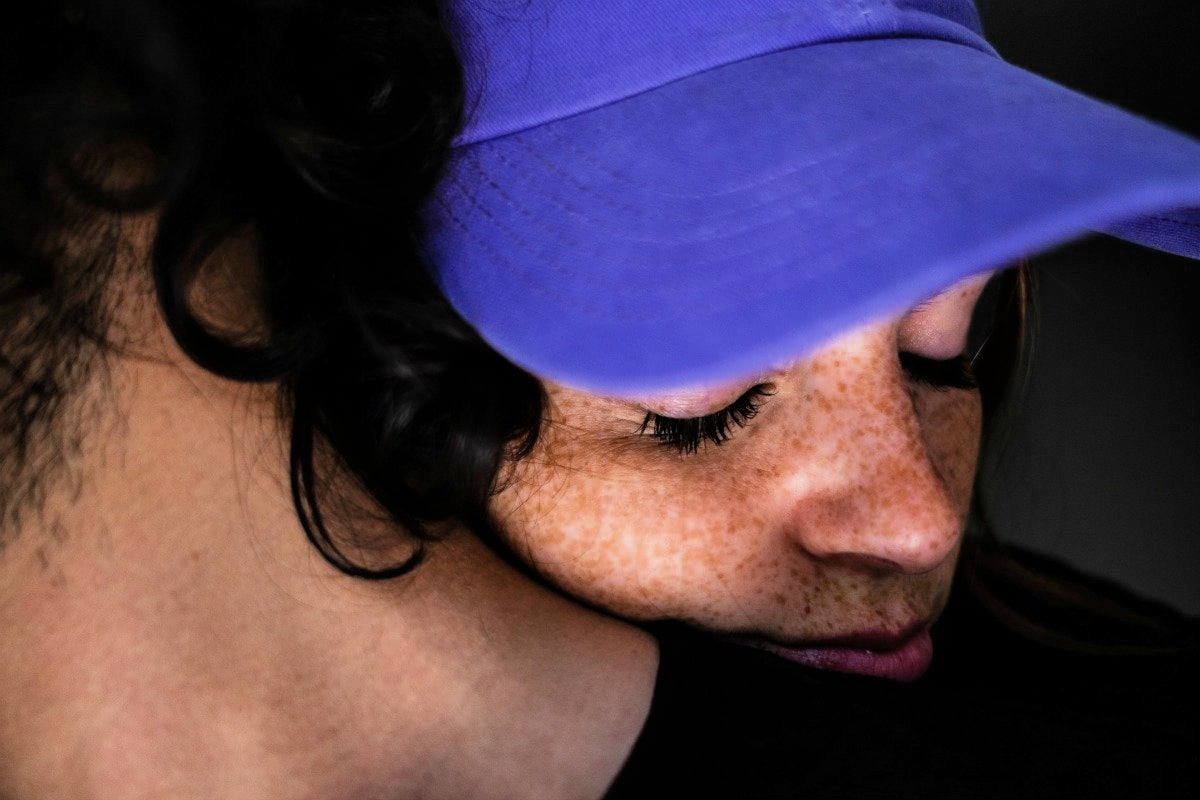
Content warning: This story contains descriptions of mental health and self-harm, and may be distressing for some readers. If you need support, please contact Lifeline on 13 11 14 or Kids Helpline on 1800 55 1800.
I talk to my teenage daughter about sex, periods, condoms and smear tests.
Boys, bullying, smoking, alcohol and drugs. Exam stress, friendship bust-ups, social anxiety and unrequited love.
We talk about how to manage her time. How to study for tests. How to use a computer, an oven, a washing machine. How to apply foundation and mascara. How to shave her legs. How to put an outfit together and make her fine hair look like it has more volume.
I listen to her fears and try to ease her anxieties. That’s my job. Her father is the ‘best friend’. The ‘chill one’. I am not, and I’m not her best friend, even though I want to be.
I’m the one who runs the ship, keeps the schedule, remembers the appointments and writes the lists. I’m calm and steady, for her, because that’s who she needs me to be. I do all of these things for her because I’m her mother.
But I don’t know what to say when she self-harms.
You can watch this explainer on what anxiety feels like and how to help in the video below. Post continues after video.




























































































